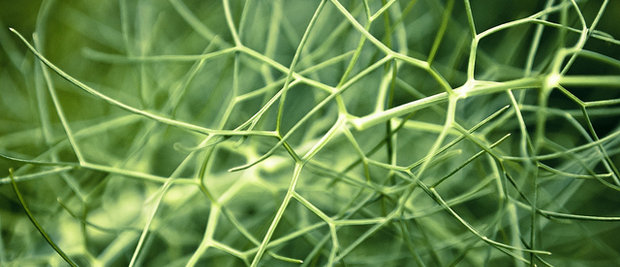What is deep learning, and why should you care? by Pete Warden.
From the post:
When I first ran across the results in the Kaggle image-recognition competitions, I didn’t believe them. I’ve spent years working with machine vision, and the reported accuracy on tricky tasks like distinguishing dogs from cats was beyond anything I’d seen, or imagined I’d see anytime soon. To understand more, I reached out to one of the competitors, Daniel Nouri, and he demonstrated how he used the Decaf open-source project to do so well. Even better, he showed me how he was quickly able to apply it to a whole bunch of other image-recognition problems we had at Jetpac, and produce much better results than my conventional methods.
I’ve never encountered such a big improvement from a technique that was largely unheard of just a couple of years before, so I became obsessed with understanding more. To be able to use it commercially across hundreds of millions of photos, I built my own specialized library to efficiently run prediction on clusters of low-end machines and embedded devices, and I also spent months learning the dark arts of training neural networks. Now I’m keen to share some of what I’ve found, so if you’re curious about what on earth deep learning is, and how it might help you, I’ll be covering the basics in a series of blog posts here on Radar, and in a short upcoming ebook.
…
Pete gives a brief sketch of “deep learning” and promises more posts and a short ebook to follow.
Along those same lines you will want to see:
Microsoft Challenges Google’s Artificial Brain With ‘Project Adam’ by Daniela Hernandez (WIRED).
If you want in depth (technical) coverage, see: Deep Learning…moving beyond shallow machine learning since 2006! The reading list and references here should keep you busy for some time.
BTW, on “…shallow machine learning…” you do know the “Dark Ages” really weren’t “dark” but were so named in the Renaissance in order to show the fall into darkness (the Fall of Rome), the “Dark Ages,” and then the return of “light” in the Renaissance? See: Dark Ages (historiography).
Don’t overly credit characterizations of ages or technologies by later ages or newer technologies. They too will be found primitive and superstitious.
